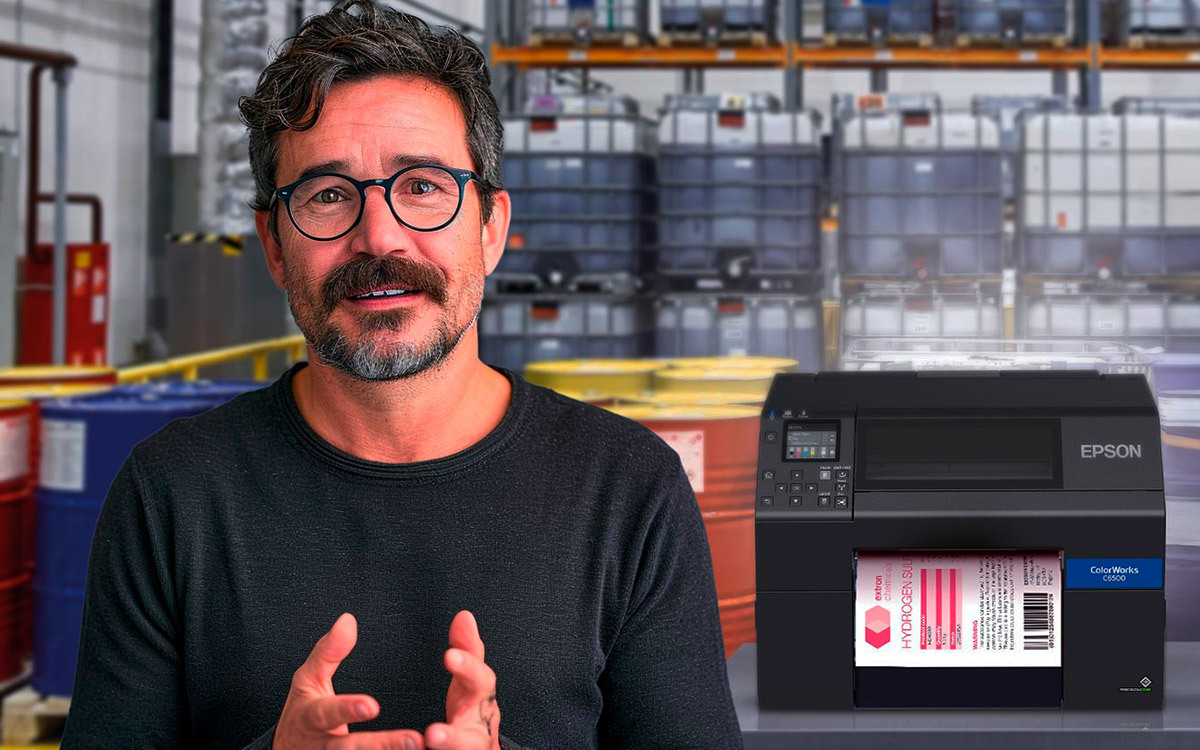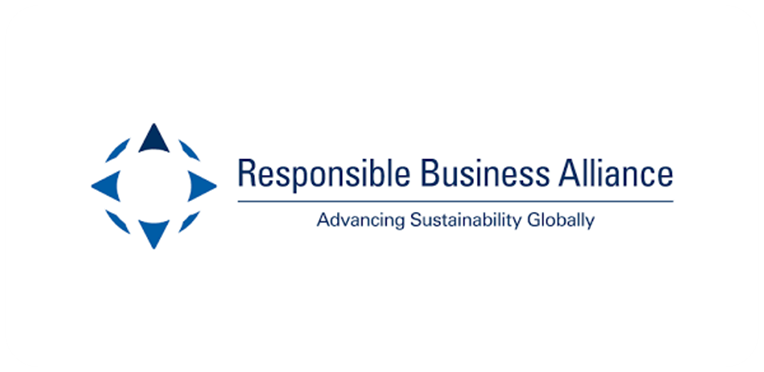First-of-its-kind research reveals stark choices to come in Europe’s relationship with technology
A world where mass production is the past; where people can prevent illness in their own home; and where virtual meetings take place through holograms is not as far away as we think, according to new research by Epson. Over half (57%) of the European workforce across industries including healthcare, education, retail and manufacturing believe industries and organisational models will be disrupted by technology and 6% agreed that their individual roles will no longer exist(which based on current models suggests employment levels could reduce to 64%, lower than over ten years ago, in 2005)2. Despite this, when shown how technology could shape their workplaces, 72% expressed positive sentiment about the future with 65% of respondents expressing a willingness to retrain for new roles.
This optimism may be in vain however if organisations themselves do not seek to maximise the opportunity afforded by new technology. With only 14% of employees considering their organisations ‘excellent’ at monitoring for new technology advancements, and less than a third (28%) believing their organisations are particularly good when it comes to implementing new technology, the question over whose responsibility it is to drive the implementation and use of new technology remains.
This first-of-its-kind research, which tested the acceptance of insights from 17 global industry experts with over 7,000 company leaders and employees in the five largest European economies, suggests some stark choices are ahead for individuals, employers and policymakers with regards to technology adoption. These choices, which might have implications for individual employability, corporate performance and international competitiveness, are greeted with mixed emotions towards the potential benefits (and perceived threats) of technology in different industries and economies.
In fact, when asked 75% of the workforce said that new technology would lead to fewer employees in organisations overall, with Spanish employees being the most concerned (80% of respondents anticipating a decrease) but German employees less so (67%). In addition, the manufacturing industry was found to be surprisingly optimistic with 75% anticipating a shift towards a more localised manufacturing model, with over half (55%) anticipating that employment levels will remain the same or increase. In education however, respondents were less optimistic stating that the greatest threats to the education of future generations were financing, teacher training and outdated technology – with 61% agreeing that teachers are not equipped to train students with the skills they need to use technology over the next ten years.
Yet for organisations across the board, over three quarters of respondents said that technology would bring ‘increased profits’ and ‘open up new possibilities for growth’. For those looking to remain competitive and capitalise on this change, three key trends emerged from the research that are worth considering:
- Rules of disengagement: A small but not insignificant 6% of the workforce said that they would ‘deliberately disrupt the introduction of technology’ if their job was threatened. Surprisingly, this figure jumps to 12% for the younger generation (Millennials, 18-29 years old), and climbs higher still for senior management (17%).
- The intrigue-knowledge gap: On average, respondents found emerging technologies like artificial intelligence, augmented reality, wearables, collaborative technologies, and robotics ‘appealing’ yet respondents felt they were only slightly ‘knowledgeable’ of them.
- Quick-wins or futureproofing: Almost one-third of respondents feel that their organisation is poor at communicating the impact of technological change on job roles. Furthermore, while 65% of respondents said that their organisation is good at training employees to use new technologies, employers seem to be much better at getting new blood in when technological skills are needed (60%) as opposed to repurposing potentially redundant employees, which only 47% considered their employer good at. Despite this, 65% of respondents say they would retrain for a different role if they felt theirs was threatened, and organisations should capitalise on this willingness to learn.
"The environments in which we live, work and play are going to radically change, thanks to technology as we prevail in a world where our lives take will take on a new purpose," says Epson Global President, Mr. Minoru Usui. "It is understandable that people today are concerned by advances in technology but we also face great opportunity, if technology is managed well. Whatever our current livelihoods, our futures are going to be different and as these findings point out, there is an urgent need for more conversation between governments, organisations and society-at-large to ensure that we are all equipped with the skills to take on new roles and challenges.
How we take ownership of this evolution will define our roles in the next 10 to 20 years," he adds. "Technology is connecting us to new possibilities. As a company, Epson is dedicated to facilitating a positive technological shift by developing solutions that will make workforces more efficient and more productive. Our core technologies – wearables, robotics, visual imaging and printing technologies – are poised to deliver a positive version of this future."
About the study
The two-phase research project was conducted by FTI Consulting. Phase one consisted of qualitative telephone interviews with 17 global futurists and European experts from various sectors from 22nd September-19th October 2016 to gain insights and develop hypotheses on the future of the workplace and the changing roles of the workforce leading up to 2025. Phase two consisted of a quantitative online survey conducted by FTI Consulting’s Strategy Consulting & Research team from 2nd-13th December 2016. Respondents included full-time employees across five major sectors (corporate, manufacturing, education, healthcare and retail) in workplaces across the United Kingdom, France, Germany, Italy and Spain in their local languages.
A total of n=7,016 full-time employees completed the survey. The breakdown of the respondents who completed the survey in each country are as follows: United Kingdom (1,329), France (1,308), Germany (1,427), Italy (1,526), Spain (1,426). The breakdown of the respondents who completed the survey in each industry sector are as follows: corporate (2,051), manufacturing (1,519), education (1,090), healthcare (1,215), retail (1,139).
The n=7,016 completes yields a 3% +/- margin of error with an industry standard 95% confidence interval. Please note that the standard convention for rounding has been applied and consequently some totals do not add up to 100%.
For further information on the research methodology or FTI Consulting’s market research services: Market.Research@fticonsulting.com
Global futurists and European experts interviewed
- Jonathan Reynolds, Academic Director of the Oxford Institute of Retail Management (OXIRM), Associate Professor in Retail Marketing and Deputy Dean at Said Business School
- Howard Saunders, Retail Futurist, Twenty Second & Fifth
- Dave White, Head of Technology Enhanced Learning, University of the Arts London
- Russel Stannard, Education Technologist and founder of www.teachertrainingvideos.com
- Professor Darwin Cadwell, Research Director, Italian Institute of Technology in Genoa and Chair of the IEEE Robotics and Automation Chapter (UKRI)
- Professor Alain Bernard, Research Director, Laboratoire IRCCyN; Vice-President, AFPR; Vice-Chairman, WG5.1 of IFIP; and member of CIRP Council in France
- Clive Hickman, Chief Executive, Manufacturing Technology Centre
- Christopher Barnatt, Futurist, ExplainingTheFuture.com
- Gerd Leonhard, Futurist, The Future Agency
- Ben Hammersley, Journalist, Technologist, Futurist
- Brice Le Blévennec, CEO at Emakina
- Clinton Wingrove, HR Futurist
- Dr. Bertalan Mesko, Futurist, Founder of The Medical Futurist
- Giuliano Noci, Professor
- Richard Webber, Professor
- Dr. Tobias Gantner, Healthcare Futurist, HealthCare Futurists GmbH
- Mariano Corso, Scientific Officer

















